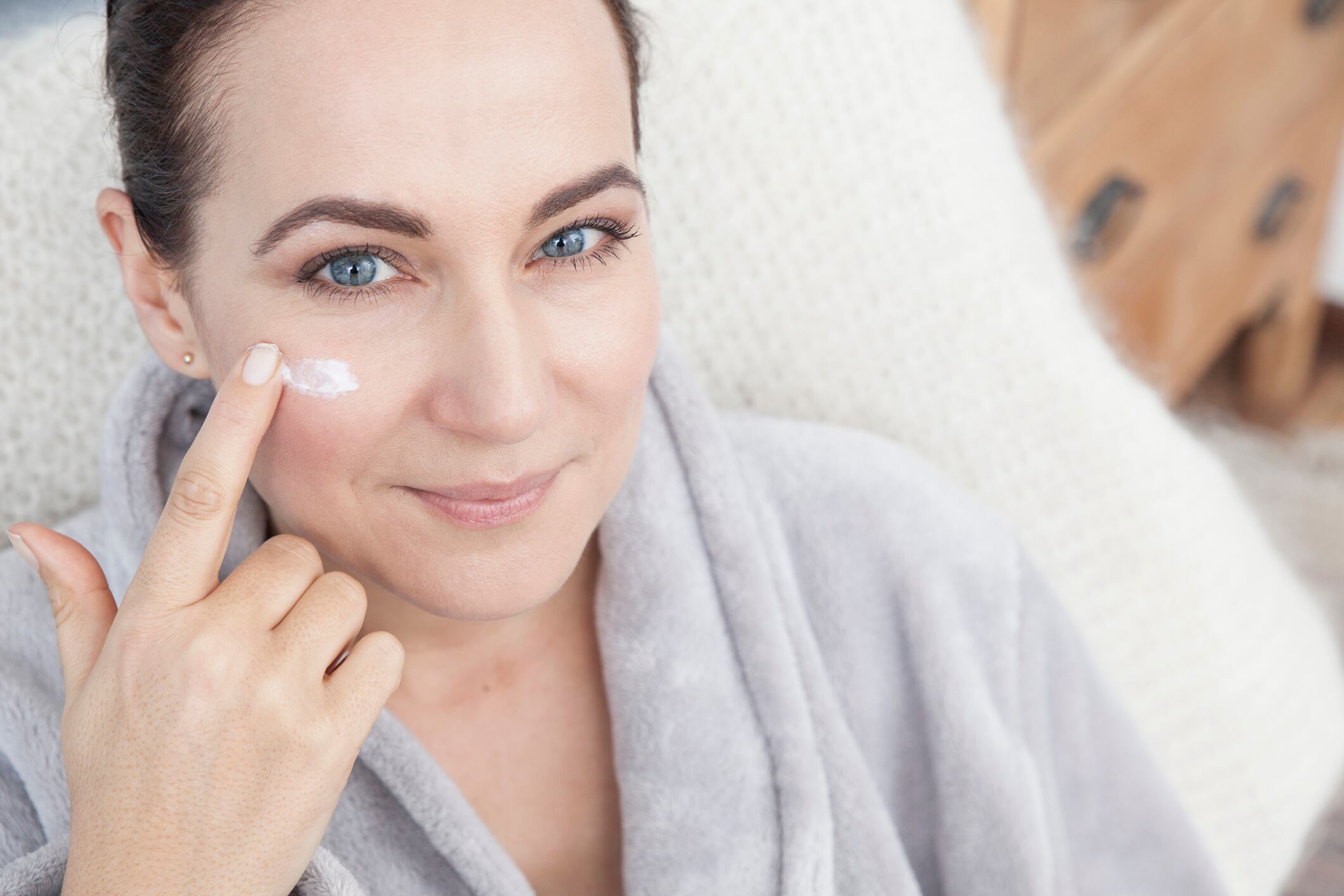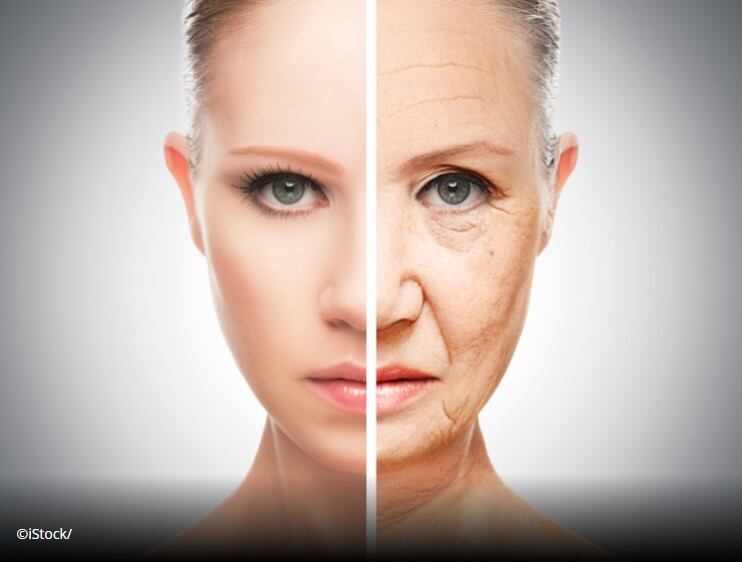Data published in Cosmetics indicated that topical formulations containing Micrococcus luteus strain Q24 (BLIS Q24), a human skin commensal, also led to self-reported improvements in pore size.
“Overall, we have demonstrated that M. luteus Q24 formulations were well tolerated on the forearm, forehead and face by healthy adult volunteers of different ages, sex, and skin types,” wrote the scientists.
The work was conducted by scientists at New Zealand-based Blis Technologies Ltd, which is most well known for its development of probiotics for oral health: BLIS K12 (to support ENT health) and BLIS M18 (to support teeth and gum health).
According to the company’s website, BLIS scientists isolated Q24 about 15 years ago, and the strain was listed as the key active ingredient in the Unconditional Skincare Co brand, launched in New Zealand in 2021.
Study details
The scientists performed in vitro tests to assess the hemolytic activity and its antibiotic susceptibility profile, which revealed no hemolytic activity and susceptibility to common antibiotics.
A single-blind randomized trial with 47 people was conducted to assess probiotic colonization and safety, with this data supporting the findings from the in vitro tests. Importantly, no adverse effects were reported by the participants.
On colonization, the researchers reported: “The recovery of M. luteus Q24 post 7 seven days in subjects of trial 3 One-week repeated multidose—Face (cheeks only) is very encouraging since the facial skin can be relatively more sensitive than that present elsewhere on the body and also it tends to have more exposure to environmental vagaries and also to the impacts of applications of cosmetic products and cleansing routines.”
Participants were asked to report any improvements in skin appearance from the start of the study (baseline), with that data showing improvements in radiance, hydration, skin clarity and enhanced skin softness, while also reporting a reduction in pore size.
“The findings support the safety of epidermal application of M. luteus Q24, with associated very high tolerability and good colonisation efficacy,” wrote the scientists. “Self-reported skin health assessments are supportive of its potential beneficial role in improving skin health quality.”
Source: Cosmetics
2022, 9(6), 121; doi: 10.3390/cosmetics9060121
“Evaluation of the Preliminary Safety, Tolerability and Colonisation Efficacy of Topical Probiotic Formulations Containing Micrococcus luteus Q24 in Healthy Human Adults”
Authors: R. Jain et al.



